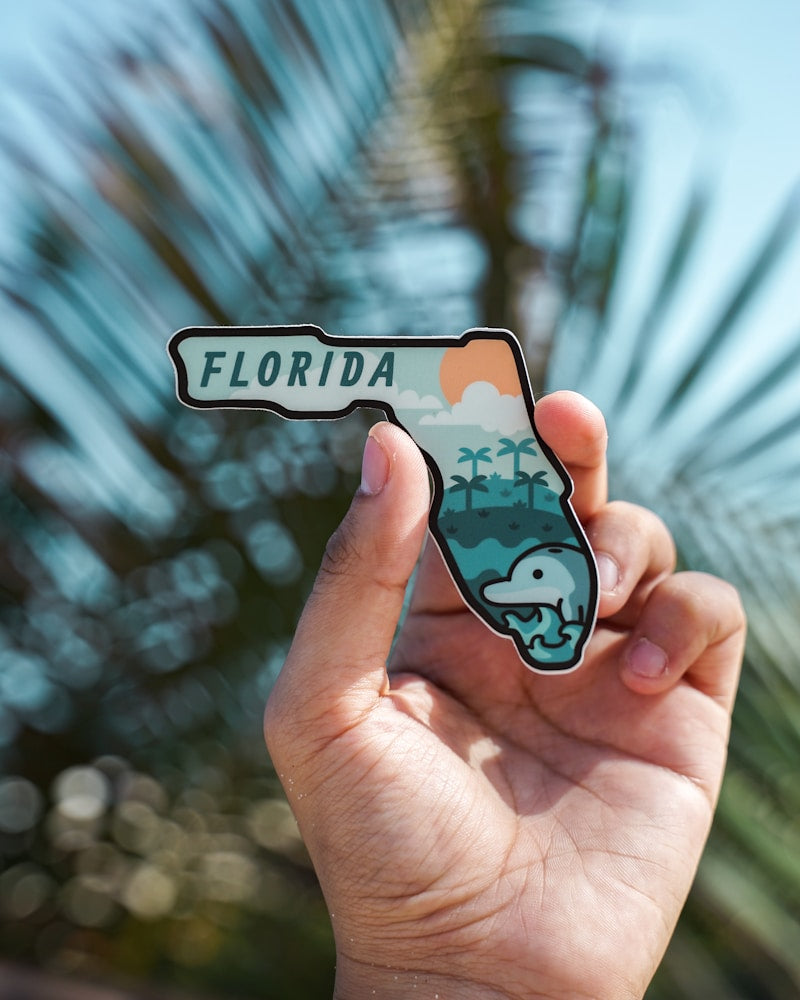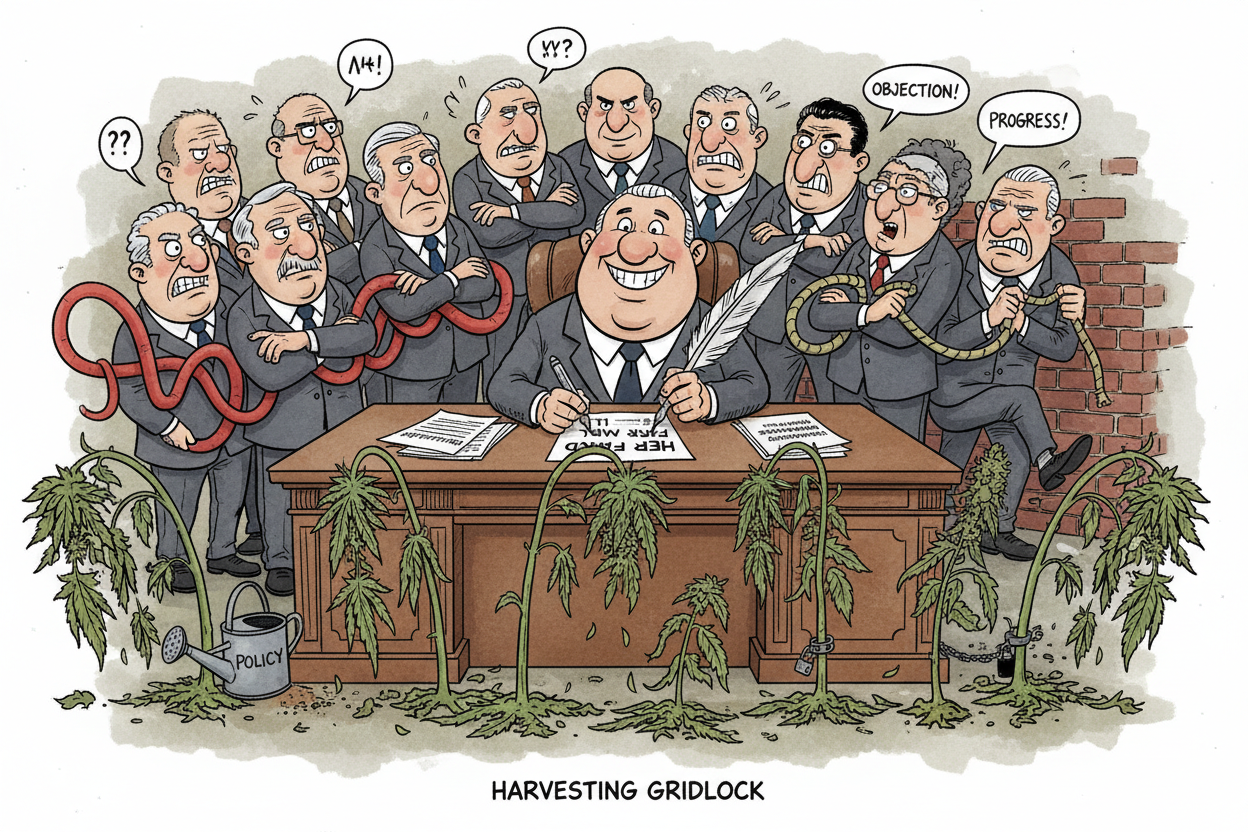In a landmark decision, Governor Ron DeSantis vetoed Senate Bill 1698, preventing significant restrictions on the hemp industry in Florida. This move has significant implications for the industry, consumers, and the state's economy. In this blog post, we will explore the details of Senate Bill 1698, the rationale behind Governor DeSantis' veto, and the broader impact on the hemp landscape in Florida.
Understanding Senate Bill 1698
Senate Bill 1698 aimed to impose strict regulations on the production and sale of hemp products within the state. Its initial purpose was to ensure product safety and standardization, but it raised concerns among industry stakeholders about potential stifling effects on growth and innovation.
Desantis' Veto Decision
Governor DeSantis' decision to veto Senate Bill 1698 is seen as a pivotal moment for the hemp industry in Florida. By rejecting the bill, he has opened the door for continued growth and innovation while maintaining consumer access to a wide range of hemp products. The governor's decision reflects a commitment to evidence-based policymaking, as emphasized by legal experts who believe it ensures the hemp industry can thrive while safeguarding public health.
In his letter vetoing SB 1698, which you can read below, Governor DeSantis stated that “small businesses are the cornerstone of Florida’s economy” and that bill would “impose debilitating regulatory burdens on small businesses and almost certainly fail to achieve its purposes. Senate Bill 1698 would introduce dramatic disruption and harm to many small retail and and manufacturing businesses in Florida- businesses that have emerged due to recent legislation paving the way for commercial use of hemp.”
Impact on the Hemp Industry
The veto of Senate Bill 1698 has significant implications for the regulatory environment governing hemp businesses in Florida. Without the restrictive measures proposed by the bill, the industry is poised for continued expansion and development.
Businesses can now focus on innovation and competition, developing new products and improving existing ones without the fear of overregulation. This will likely attract new entrants into the market, fostering a more dynamic and competitive industry landscape.
Consumer Access and Safety
One of the most critical aspects of DeSantis' veto is its impact on consumer access and safety. By rejecting the restrictive bill, consumers in Florida continue to have access to a diverse range of hemp products, including CBD, which is renowned for its therapeutic benefits. Advocates argue that maintaining consumer access to these products is crucial for public health and wellness.
Economic Implications for Florida
The economic implications of the veto are far-reaching. The continued growth of the hemp industry is expected to generate significant economic benefits for Florida, including job creation, increased tax revenue, and a boost to the broader business landscape.
Stakeholders are optimistic about the economic opportunities presented by the veto. The hemp industry has the potential to become a major economic driver in the state, contributing to sustainable development and prosperity.
Future of Hemp Legislation in Florida
The veto of Senate Bill 1698 marks a turning point for hemp legislation in Florida. It signals a willingness to support the industry's growth while ensuring consumer safety through other means. Future legislative efforts will likely build on this foundation, with a focus on balancing regulation and innovation.
Experts believe the industry will play a crucial role in shaping future policy. Collaborative efforts between lawmakers, industry stakeholders, and advocacy groups will be essential in crafting legislation that promotes growth while maintaining high safety standards.
Conclusion
Governor DeSantis' veto of Senate Bill 1698 is a significant milestone for the hemp industry in Florida. It preserves consumer access to a wide range of products, fosters innovation and growth, and has positive economic implications for the state.
As we look to the future, it's essential for all stakeholders to engage in the conversation about the direction of hemp legislation in Florida. Share your thoughts and join the discussion on how we can continue to support a thriving hemp industry while ensuring public safety.





Share:
Discover the Best THCA Flower Strains
Discovering THC Edibles in Georgia